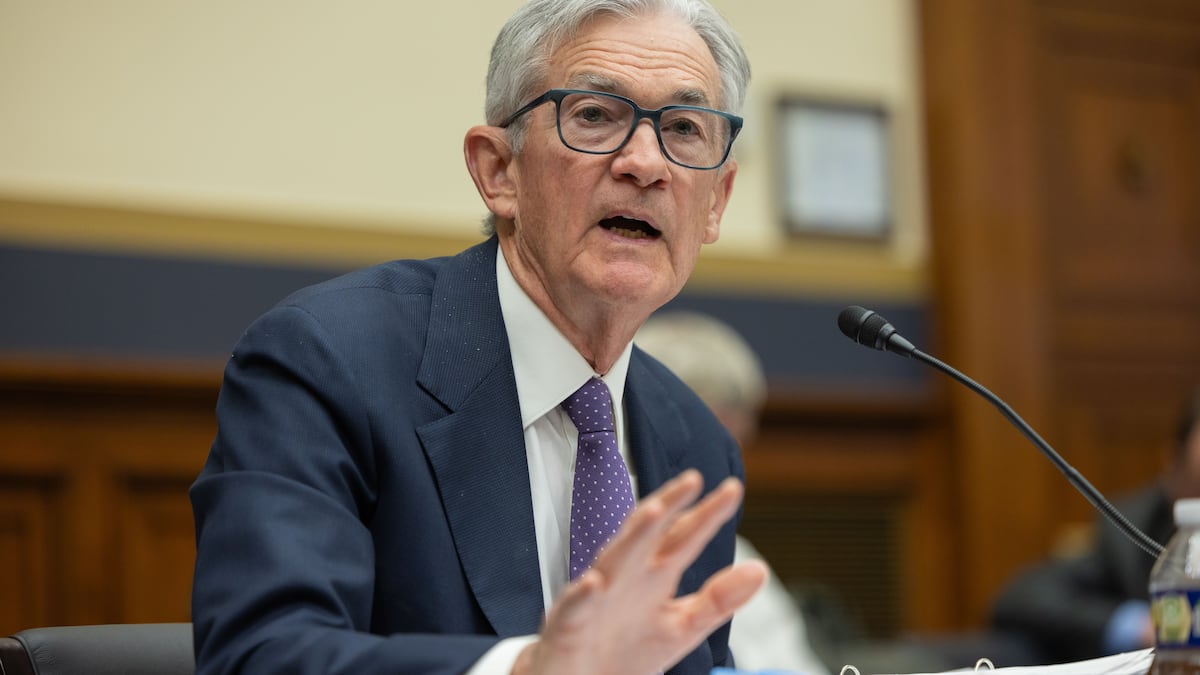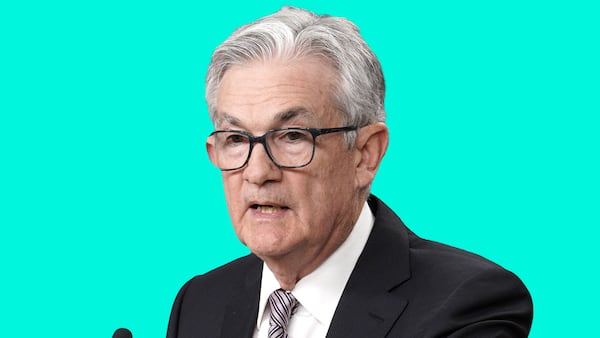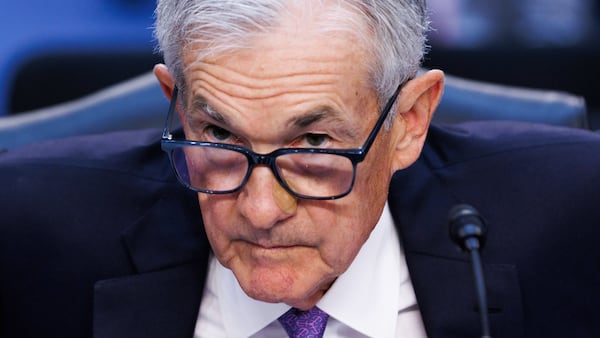- The Federal Reserve rescinded some Biden-era crypto guidance Thursday.
- But it kept a regulation targeting state-level banks.
- Critics say the central bank is still an obstacle to US crypto adoption.
The Federal Reserve on Thursday withdrew from a slew of Biden-era guidance warning banks against engaging the crypto industry.
The reversal could lead to an injection of fresh capital in crypto markets, according to industry observers who cheered the latest example of federal pullback from crypto regulations they say strangled crypto’s US growth in recent years.
But US Senator and Bitcoin champion Cynthia Lummis, a Republican from Wyoming, said the move was a victory in name only.
“The Federal Reserve’s actions yesterday withdrawing crypto guidance are just lip service,” she said in a statement on X on Friday.
“I will continue to hold the Fed accountable until the digital asset industry gets more than a life jacket, Chair Powell—they need a fair shake.”
Lummis cited the Fed’s ongoing refusal to approve crypto banks’ applications for so-called master accounts. Master accounts allow institutions to access the central bank’s payments system.
The senator also pointed to Fed guidance still in effect, which deems crypto activities unsafe, as well as the central bank’s ongoing use of so-called reputational risk to judge banks’ activities.
Since the 1990s, regulators have cited risks to banks’ reputation as a reason for disallowing certain activity. Some legal scholars — and, more recently, crypto proponents — have criticized the practice for giving regulators permission to stifle certain businesses, such as gun manufacturers and pornographers, on non-financial grounds.
After the collapse of crypto exchange FTX in 2022, US regulators cracked down on the industry, issuing guidance warning banks against servicing crypto clients.
Critics likened the crackdown to a controversial Obama-era program dubbed Operation Chokepoint, which targeted industries with high rates of financial fraud by “choking off the very air” criminals need to survive — their bank accounts. The program meant otherwise legal, if unsavoury, businesses struggled to open or maintain bank accounts, according to critics.
Fed Chair Jerome Powell weighed in on the debate in February, when he told lawmakers there was some merit to allegations that crypto firms had been unfairly targeted.
“We’re all struck at the number of complaints and the breadth of them,” Powell said, adding that “at least some of it is real. We need to understand it, and stop it from happening.”
Since Donald Trump took office in January, federal regulators have withdrawn much of the Biden-era crypto guidance.
In January, the Securities and Exchange Commission rescinded Staff Accounting Bulletin 121, a short piece of accounting guidance that prevented big banks from holding large amounts of crypto for their customers.
Last month, two other regulators — the Office of the Comptroller of the Currency and the Federal Deposit Insurance Corporation — gave banks express permission to offer crypto services without seeking prior approval.
On Thursday, the Fed followed suit. It rescinded a 2022 letter that stated banks must provide advance notice before offering crypto services, and a 2023 letter that requires banks eyeing stablecoin products to first prove that such products were safe.
It also withdrew from joint letters issued with the OCC and FDIC, which stated the volatility of crypto assets should not migrate to the US banking system.
“These actions ensure the Board’s expectations remain aligned with evolving risks and further support innovation in the banking system,” the Fed said in a news release.
But the Fed did not rescind a 2023 letter requiring that state-level banks seek its approval before offering crypto services.
Alex Thorn, head of research at crypto firm Galaxy, slammed that decision in a research note Friday.
“The fact that the Fed did not rescind its Jan. 27, 2023 anti-crypto statement means that significant confusion and obstacles remain,” Thorn wrote.
“State banks have to be looking at this and scratching their heads, wondering if they are allowed to do crypto.”
Aleks Gilbert is DL News’ New York-based DeFi correspondent. You can reach him at aleks@dlnews.com.







